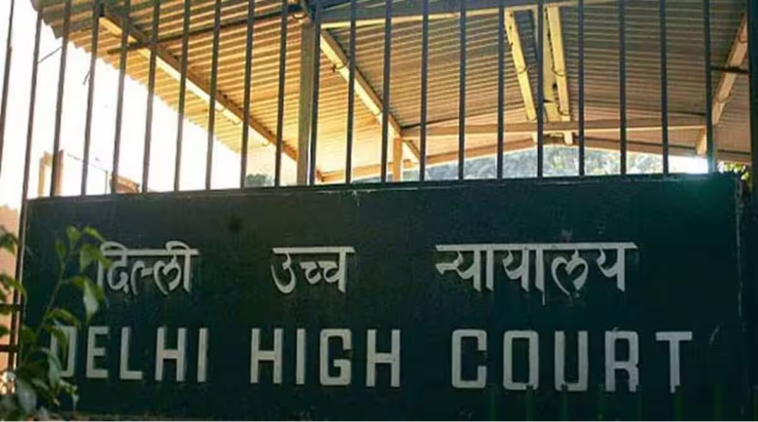Recognising this year’s “unprecedented recent weather events” in the national capital, the Delhi High Court stated Friday that rainwater harvesting should be seamlessly integrated into the city’s climate resilience strategy.
In their ruling, a division bench of Chief Justice Satish Chandra Sharma and Justice Sanjeev Narula stated, “Thus, while significant progress has undoubtedly been made, the evolving landscape of Delhi, where urbanisation and climate change intersect, amplifies the urgency of water conservation.” The persistent commitment of concerned authorities to this cause is thus essential. Rainwater collecting should be smoothly integrated into climate resilience planning for the city.”
The bench took note of the “heavy and sporadic rainfall” that occurred in northern India this year, causing floods in numerous states, including sections of Delhi.
“The deluge that inundated Delhi emphasises the importance of anticipating and preparing for extreme weather events, which are becoming more common as a result of climate change,” the court observed.
ALSO READ : What to Do When Love Is One-Sided
Following that, the bench stated that authorities must always seek novel strategies and be proactive in confronting developing difficulties.
It stressed that educating the public and resident welfare associations about the benefits of rainwater gathering, as well as providing practical implementation help, can lead to a change towards “sustainable water practises.”
The bench also stated that the respondents (including the Municipal Corporation of Delhi/NDMC, DJB, and DDA) “must periodically review empirical data” on the implementation of rainwater harvesting measures to determine whether their efforts are yielding tangible results and to take corrective action if necessary.
The findings were issued by the bench in response to a 2014 PIL centred on the “pressing concern” of water conservation in Delhi, with a particular emphasis on the execution of rainwater harvesting programmes.
Taking note of the affidavits and status reports filed by various authorities, the HC stated that the joint efforts of the Delhi Jal Board and the Delhi government, as evidenced by the installation of rainwater harvesting systems across both private and public structures, as well as the revitalization of water bodies, are “appreciable.”
“The creation of manuals by CGWB and CPWD that provide guidance on artificial groundwater recharge structures and allow individuals to seek necessary approvals is also a significant step forward.” The incorporation of rainwater harvesting rules into building bylaws emphasises the city’s commitment to water conservation. “The introduction of water tariff rebates as incentives for rainwater harvesting and wastewater recycling systems by DJB demonstrates their commitment to the cause,” the HC ruled, citing the PIL’s activities.
It went on to say that the “civic agencies and municipal corporations” in charge of approving building plans have taken on the responsibility of guaranteeing adherence to these necessary provisions.
The court stated that the importance of water conservation has never been greater than in today’s “dynamic urban landscapes.”
“Urbanisation, with its sprawling constructions, impermeable surfaces, and increased water consumption, puts a strain on existing water sources, raising concerns about scarcity and depletion.” The importance of rainwater collection as a realistic alternative cannot be emphasised in this context. Cities may supplement their water supply, relieve stress on conventional sources, and lessen the environmental consequences of urban expansion by harvesting rainfall that would otherwise go unutilized or contribute to flooding, according to the study.





